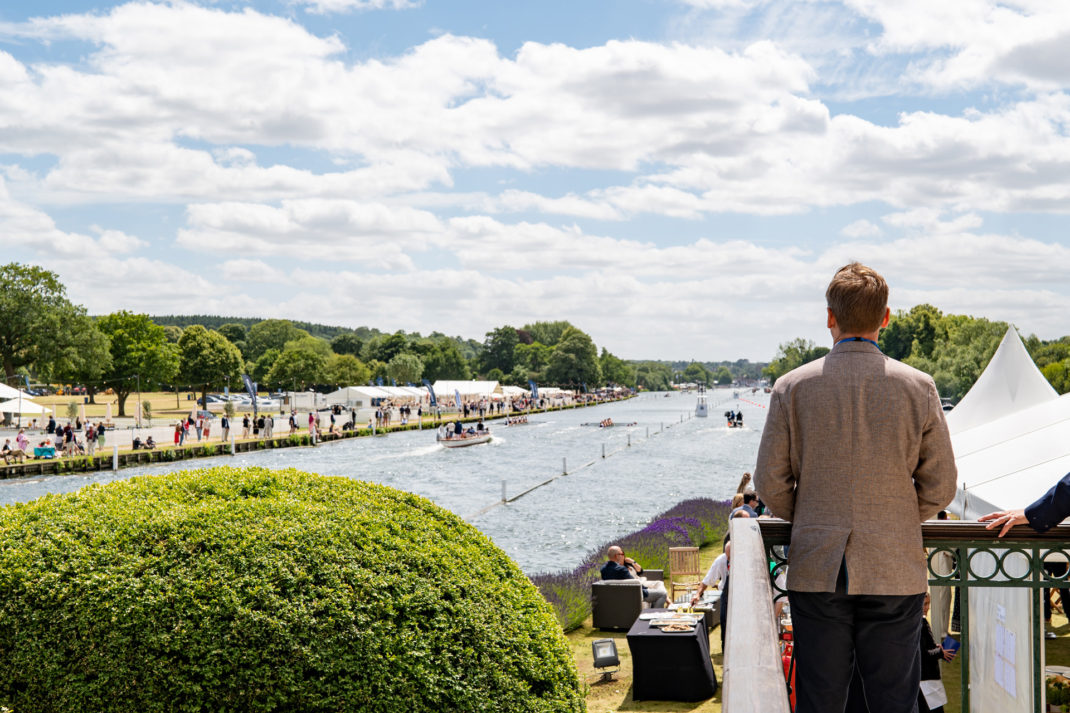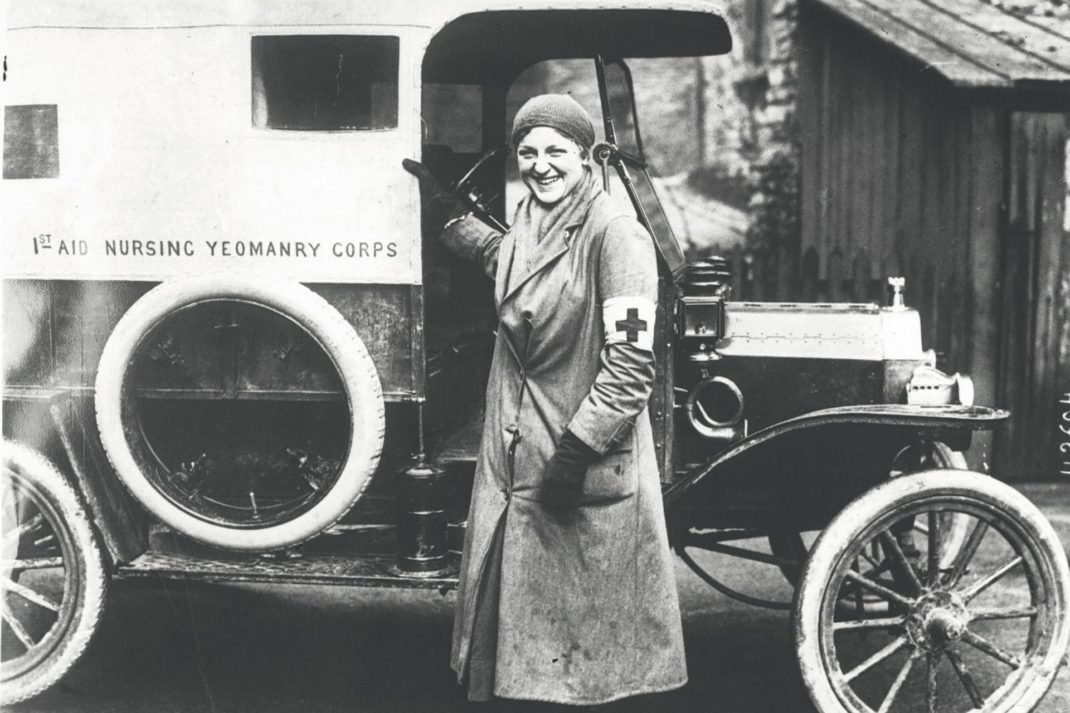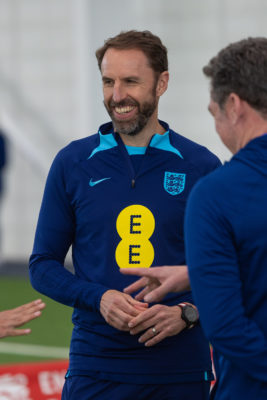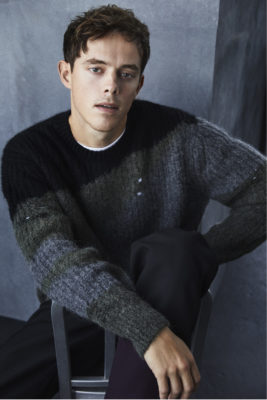Why Britain’s Sporting Culture Is More Than Just Winning
By
4 months ago
(Or losing...)
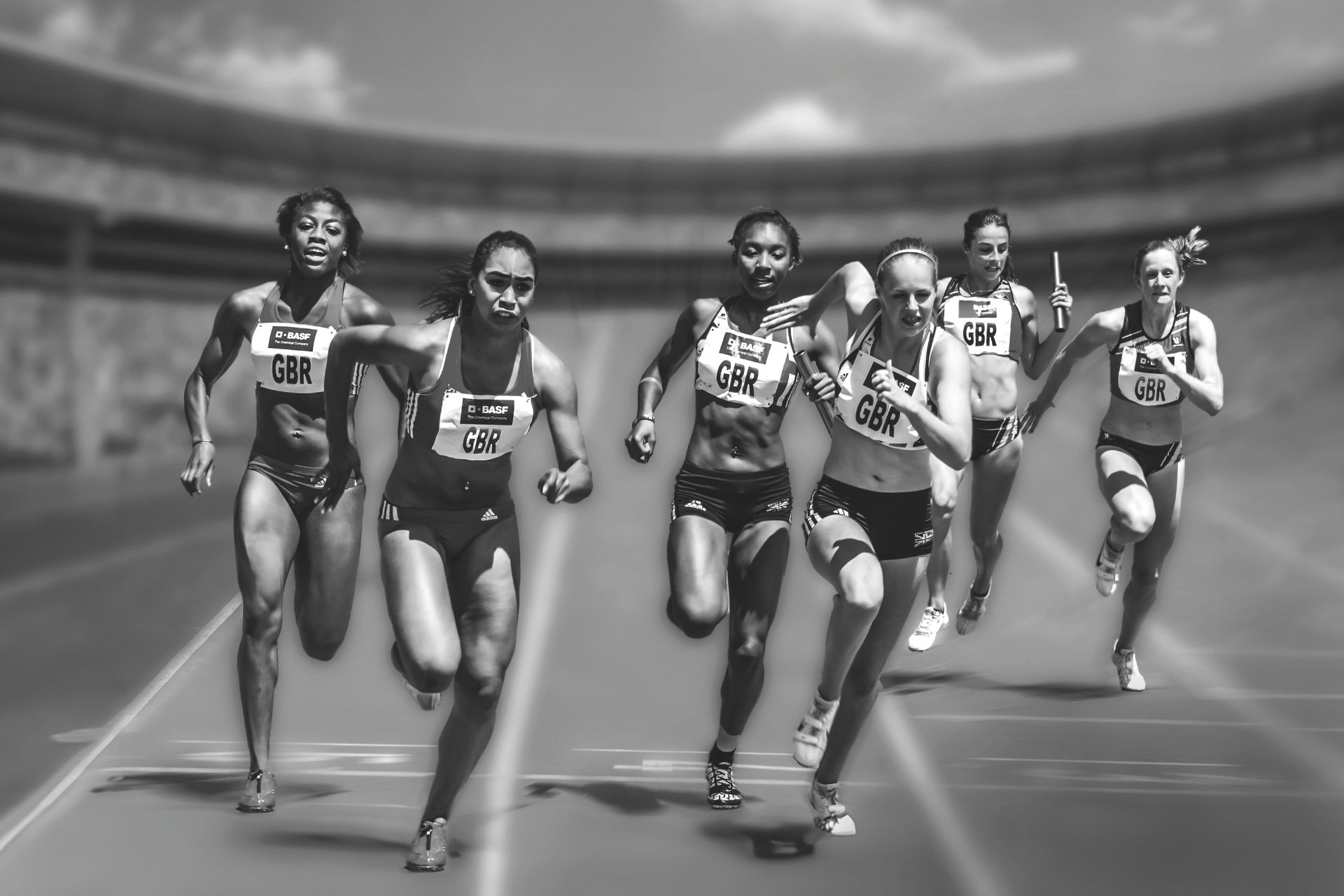
Simon Kuper argues that while our sporting expectations might be overly ambitious, they remain a vital aspect of Brand Britain’s soft power.
Behind The Biggest British Sporting Brands
The English (more so than any other home nation) make an irresistible target. Their expectations, historically set too high because of the nation’s exaggerated self-importance, are forever being disappointed. Many foreigners find that hilarious.
You might conclude from this that the UK has a tarnished sports brand. Yet that’s not true. Sports are a big element of British soft power, and they bolster the broader national brand.
This has a lot to do with tradition. The British didn’t exactly invent most modern sports, but they were the first to codify them and start playing them on a wide scale, so their sporting traditions are unmatched. The world loves the Grand National or the FA Cup final partly because they are so old. Wimbledon’s perfect lawns, royal visitors and strawberries and cream evoke a garden party in a Merchant & Ivory film set circa 1913. So do the outfits in the paddock at the Royal Ascot every June – a showground for British couturiers, tailors and milliners. All these events are constantly being updated with ruthless commercialism, but almost invisibly so.
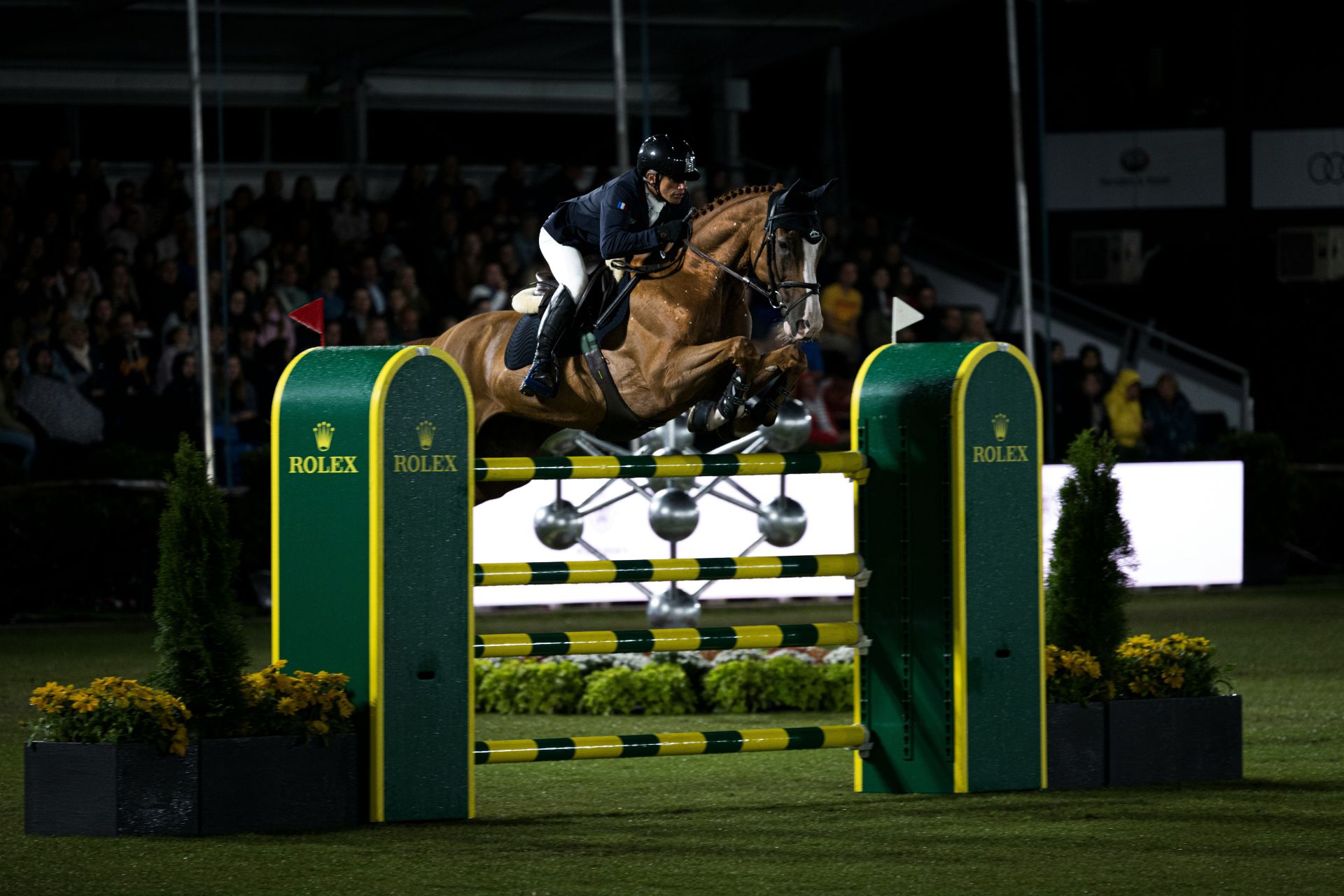
The uniqueness of Britain’s sporting brand is that it blends this ancient tradition with youth culture – the latter supplied by both athletes and fans. The UK has long been world-beating at generating youth trends, from punk music through football hooliganism to Harry Potter. This drizzly island has colonised the minds of many of the world’s eight to 25-year-olds.
I once asked Malcolm McLaren, the cultural entrepreneur who created the pioneering punk band the Sex Pistols, why British youth culture was so potent. ‘I think it’s because the English hate kids,’ he said. ‘The Italians love kids – they live at home till they’re 30, 35. The Americans are kids.’ But in Britain, he said, children were sexually repressed and (if upper class) banished to boarding schools, so they rebelled. JK Rowling, Harry Potter’s creator and briefly a fan of punk, seems to have absorbed that view. So did McLaren’s one-time girlfriend Vivienne Westwood, pioneer of a long line of British fashion designers flogging countercultural clothes to the world’s young.
The British youth hero is someone struggling to express themselves in a society that doesn’t welcome that expression. Rowling coined the word ‘Muggles’: ‘non-magical folk’ who don’t know about witches and wizards. Muggles are the serried ranks of the conventional. On British album covers and pop videos, they are sometimes represented by men in bowler hats. Of course the conventional exists everywhere, but there is a popular global belief that they abound in Britain simply because the country has so many traditional institutions.
Often, in British youth culture, the young hero lives inside such an institution. Sometimes it’s a boarding school: Hogwarts, where Harry Potter studies wizardry, harks back to fictional schools in Enid Blyton, Rudyard Kipling and the Greyfriars stories. George Orwell’s original model for the repressive world of Nineteen Eighty-Four was probably his horrible prep school. Even at a school as unconventional as Hogwarts, Harry and his friends are always breaking rules and getting into trouble with the wizard authorities. The Sex Pistols, Peter Pan (who ran away from his parents), The Beatles and even good boy David Beckham all gained appeal from their suggestion of rebellion against an establishment of gentlemen.
English football offers 19th-century stadiums with 21st-century haircuts. And in British sport, fans have a starring role. They aren’t mere spectators. Like the groundlings of Shakespeare’s day, they have always considered themselves participants in the show, co-creating it with their cheers and songs. The match itself is sometimes treated almost as a sideshow. In Glasgow, the stock joke about the fan frenzy around the Rangers-Celtic derby is, ‘And in the middle of it all, a football game breaks out!’
Add on an unfair advantage of British sport: like British pop and British literature, it takes place in English, the global language. People around the world can savour the jousting between the Premier League’s football managers at almost daily press conferences.

The upshot of all this is that half of a small island can host global football’s best league. Better yet, in the Premier League, with its endless nationalities, everyone from Ghanaians to Icelanders can cheer on their own heroes. That’s another selling point of British sport: it’s open to the world.
True, the British often lose. But that failure is only relative to their own outsized expectations. Compare them to the 200 or so other countries on Earth, and they do pretty well. Team GB finished seventh in the medals table at the Paris Olympics and second in the Paralympics. The men’s football team have reached the last two European finals, while the women are European champions. The only foreign football team in the world that can regularly beat the leading English ones is Real Madrid. The English are usually among the world’s best in their beloved team sports of rugby and cricket. And on, and on.
Even when they lose, it isn’t a disaster. British fans don’t fixate on winning. Because humour is central to their fandom, a 4-0 thumping is just more fodder for amateur comedians. Scottish football fans’ current favourite song, No Scotland, No Party, lionises a non-legendary Aston Villa midfielder: We know we ain’t no Argentina, But we’ve got John McGinn, John McGinn! John McGinn!
Indeed, British fans seem to love losers. Years after Chris Waddle, Stuart Pearce and Gareth Southgate missed crucial penalties for England, a jokey TV ad for a pizza chain depicted them eating out with paper bags over their heads.
Contrast that with Italy: when their team arrived home after losing to North Korea in 1966, livid fans threw tomatoes. If an Italian club is losing matches, fans sometimes invade its training ground and threaten players, or scratch their sports cars. The late Dutchman Johan Cruyff, one of the greatest ever footballers and Anglophile, told me: ‘If you look at other countries you see they have different values: winning is holy. In England, you could say that sport itself is holy.’
The UK’s non-sporting brands can learn some lessons from the success of British sport. Firstly, cultivate your brand’s traditions, whether you’re running a hotel or university or carmaker or football club. Secondly, bring in the most creative young people from around the world, educate them in your field (as does, say, the world-beating Royal College of Art) and encourage them to update your brand without destroying the tradition. This is a tricky balance to find, but it can be done, as shown by a number of British brands from Rolls-Royce to Liverpool FC. Thirdly, whenever possible, be funny. Other countries might be better at building infrastructure or designing robots. But none ought to be able to match Britain’s historic brands.

